- IDP China>
- 课程库>
- 工程与技术>
- 工程学及其相关技术>
- 电气电子工程技术>
- Bachelor of Engineering (Honours) (Electrical and Electronic Engineering)
工学学士(荣誉学位)(电气和电子工程)
Bachelor of Engineering (Honours) (Electrical and Electronic Engineering)

学历文凭
Bachelor Degree with Honours

专业院系
Science and Engineering

开学时间

课程时长

课程学费

国际学生入学条件
IDP—雅思考试联合主办方

雅思考试总分
- 雅思总分:
- 托福网考总分:
- 托福笔试总分:
- 其他语言考试:
CRICOS代码: 072467B
申请截止日期: 请与IDP联系 以获取详细信息。
课程简介
Curtin’s Bachelor of Engineering (Honours) offers you an industry-connected education experience in which you will learn how to devise engineering solutions for complex societal and industry challenges.Bachelor Degrees prepare students to develop broad and coherent knowledge and skills in a discipline for professional work and further learning corresponding to AQF level 7 qualifications. The honours component prepares students to develop advanced knowledge and skills for professional work, research and further learning corresponding to AQF level 8 qualifications.With the core focus on developing problem-solving skills, Curtin’s BEng (Hons) course prepares the student to apply concepts of science, mathematics, data analytics, information science, and computing to practical application. The students take a system approach, including demonstrating explicit consideration for safety, ethics and climate impact, respect for the indigenous culture and science, and adherence to legal and professional standards. The course promotes advancing lifelong learning habits, teamwork and leadership abilities, project management skills, and identifying opportunities for career-wide professional growth. After completing the Engineering Foundation Year (EFY), students can select from a range of discipline areas for their major from Year 2. In addition, students can take up an extension-specialisation to deepen their skills in the chosen major or select a specialisation or a minor to broaden their knowledge.You'll learn, bDemonstrate a conceptual understanding of fundamental science, mathematics, data analytics, information science, and computing underpinning the broad field of engineering, GC1. Solve complex electrical and electronic engineering problems of industrial and societal significance through the application of discipline-specific and integrated bodies of knowledge, design and sustainability principles, GC1. Make decisions related to the design and implementation of solutions to engineering problems in a safe, ethical and climate-responsible manner adhering to legal and professional standards and through respectful partnerships with local First Peoples and other diverse cultures as globally responsible citizens, GC4, GC5. Apply systems thinking for innovative solutions to global electrical and electronic engineering challenges, discern knowledge and undertake applied research in a discipline of electrical and electronic engineering, GC2. Select and use current and emerging technologies to develop and communicate effective and innovative engineering solutions to complex problems, GC3. Demonstrate lifelong learning habits, teamwork and leadership abilities, and project management skills, and the ability to identify opportunities for career-wide professional growth, necessary for advancing a career in engineering and beyond, GC6
相关申请
 预科
预科 奖学金
奖学金 实习机会
实习机会 在校学习
在校学习 跨境学习
跨境学习 校园授课-线上开始
校园授课-线上开始 在线/远程学习
在线/远程学习
开学时间&学费
学费信息仅供参考,请与IDP联系以获取详细信息
| 开学时间 | 时长 | 学费 | 地点 |
|---|
学校排名

世界排名301
数据源:
泰晤士高等教育世界大学排名
关于科廷大学

科廷大学是一所具有创新精神的全球性大学,因极具影响力的研究、与行业的密切合作关系以及致力于帮助学生为未来就业做好准备而闻名。科廷大学因优质的教学和科研而享誉全球,在''2019年世界大学学术排名''(Academic Ranking of World Universities 2019)中位居全球大学前1%之列。在2019年''泰晤士高等教育世界大学排名''(Times Higher Education World University Rankings)中,该校还名列澳大利亚第9位。在''QS世界大学排名''评选的全球校龄低于50年的年轻大学中,科廷大学名列第21位。科廷大学的足迹遍布全球,在西澳大利亚、马来西亚、新加坡、迪拜和毛里求斯都设有校区,与全球130多所院校建立了合作伙伴关系。就读科廷大学,学生不仅可以获得在国际上受到认可的学历,同时其学位还将具有全球维度。 学生可以在采用大量先进技术的模拟工作环境中学习本科和研究生课程。这样能够使学生加强学习,毕业前即可掌握实践技能和经验。科廷大学与业界的联系让学生可以获得工作和实习机会,从而能够让其提高技能、积累雇主所青睐的实际工作经验。科廷大学的校园兼容并包、充满活力,课余时间,学生可在校园中参加体育、社团、志愿工作和校园活动。这些课外活动能让学生获得崭新的体验、结识新朋友并为自己的简历增光添彩。此外,学生还可获得许多支持服务,其中包括保健、儿童托管、住宿以及其他学习支持服务。
本校相关课程

哲学博士(环境与农业)
学历文凭
Ph.D.
开学日期
课程费用总额

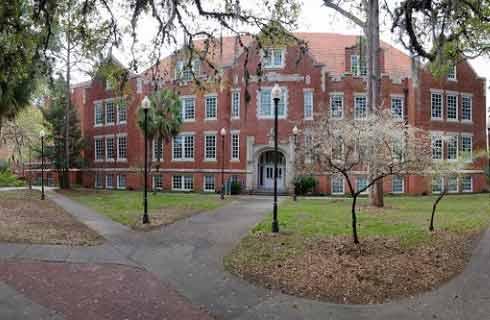
工学学士(荣誉学位)
学历文凭
Bachelor Degree with Honours
开学日期
课程费用总额


市场营销硕士
学历文凭
Masters Degree (Coursework)
开学日期
课程费用总额


信息系统与技术硕士
学历文凭
Masters Degree (Coursework)
开学日期
课程费用总额

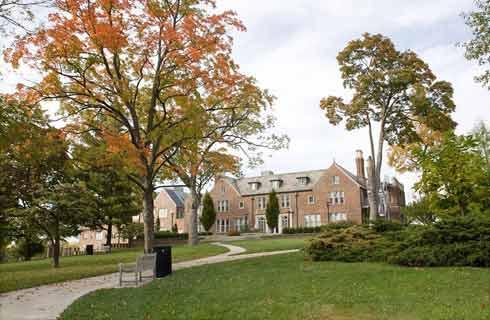
商业研究生证书
学历文凭
Graduate Certificate
开学日期
课程费用总额


哲学硕士(公共关系)
学历文凭
Masters Degree (Research)
开学日期
课程费用总额

其他相关课程

工程科学硕士(网络系统和电信)
 斯威本科技大学
斯威本科技大学泰晤士高等教育世界大学排名:282
学历文凭
Masters Degree (Coursework)
开学日期
课程费用总额

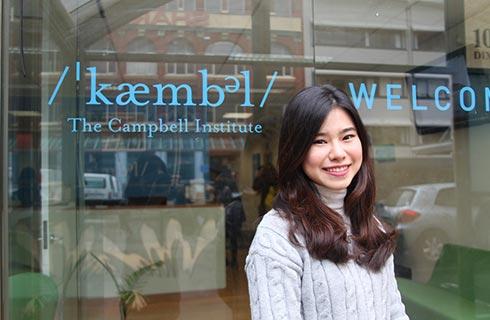
工程学硕士(电气和电子工程)
 皇家墨尔本理工大学
皇家墨尔本理工大学学历文凭
Masters Degree (Coursework)
开学日期
课程费用总额


工程学研究生文凭(电子)
 阿德莱德大学
阿德莱德大学学历文凭
Graduate Diploma
开学日期
课程费用总额

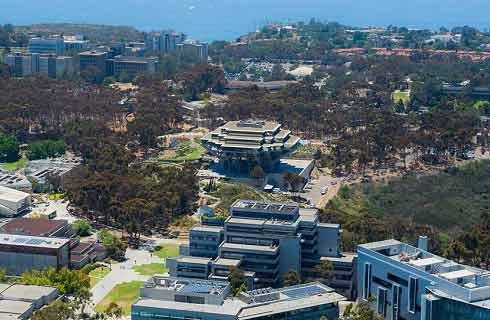
专业工程学硕士(电力)
 悉尼大学
悉尼大学泰晤士高等教育世界大学排名:54
学历文凭
Masters Degree (Coursework)
开学日期
课程费用总额

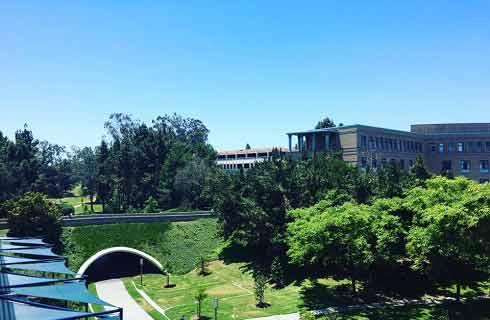
专业工程学硕士(电信)
 悉尼大学
悉尼大学泰晤士高等教育世界大学排名:54
学历文凭
Masters Degree (Coursework)
开学日期
课程费用总额

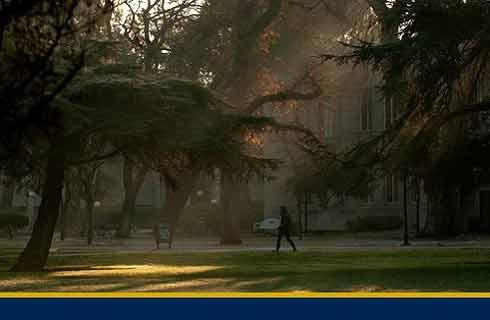
专业工程学硕士(电气)
 悉尼大学
悉尼大学泰晤士高等教育世界大学排名:54
学历文凭
Masters Degree (Coursework)
开学日期
课程费用总额










